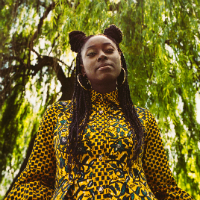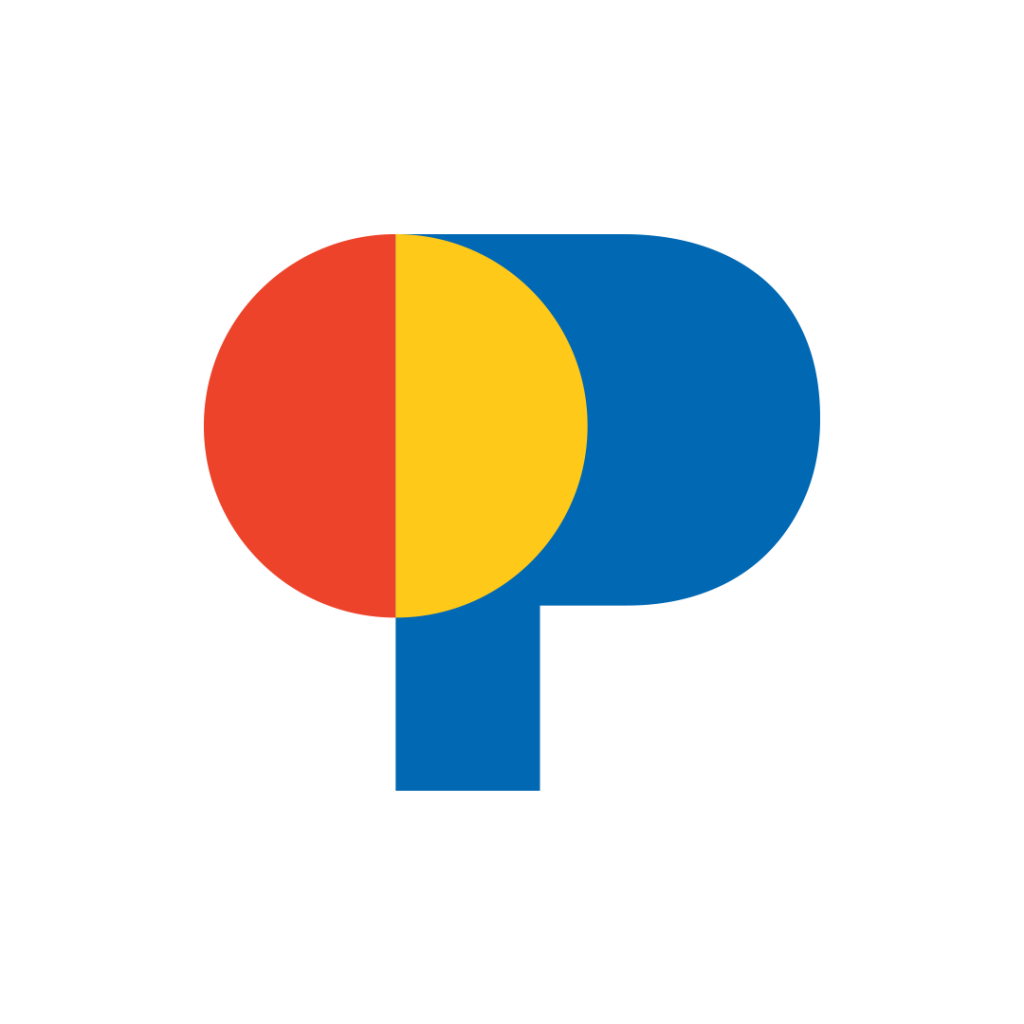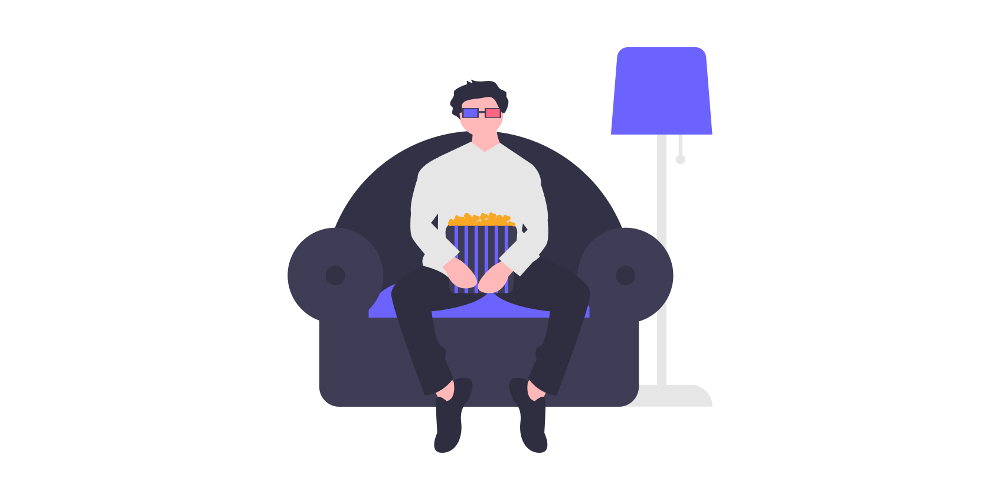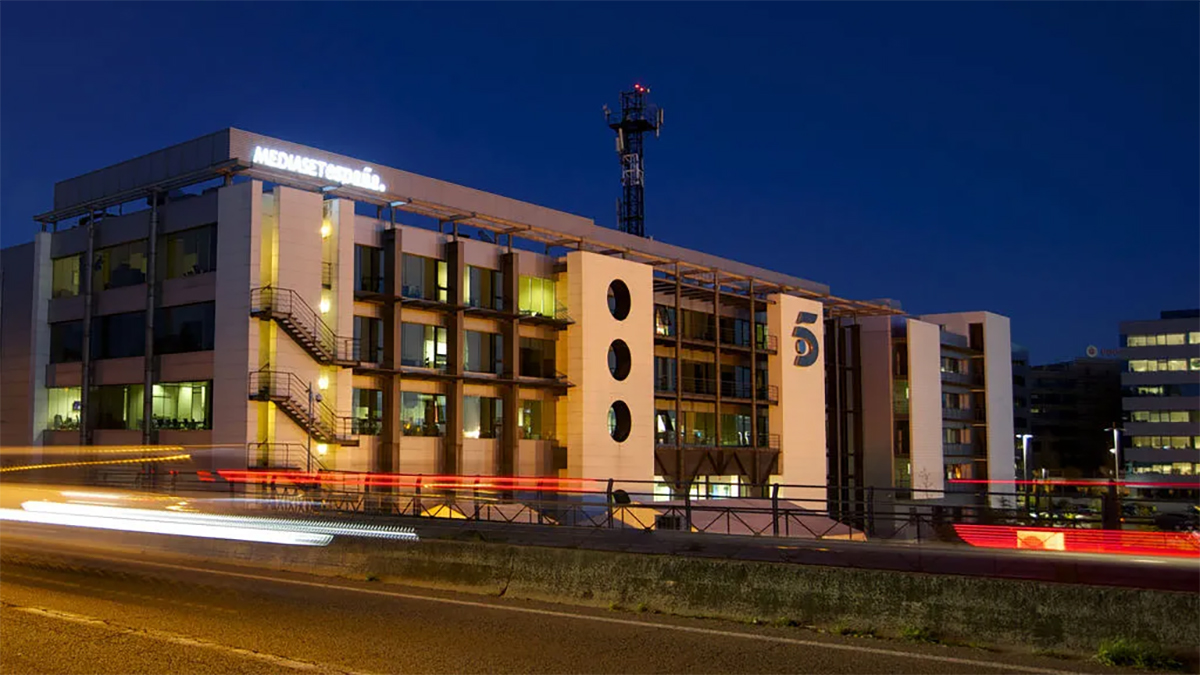 Founded last year, POCC is a community of people working in the advertising and creative industries dedicated to improving the experiences of black and brown people within the industry. In this interview co-founder Nana Bempah explains how POCC grew from a few people in a WhatsApp group to a 400-strong community, and discusses the sorts of issues POCC members face within the ad industry.
Founded last year, POCC is a community of people working in the advertising and creative industries dedicated to improving the experiences of black and brown people within the industry. In this interview co-founder Nana Bempah explains how POCC grew from a few people in a WhatsApp group to a 400-strong community, and discusses the sorts of issues POCC members face within the ad industry.
How did you come to form POCC?
For people of colour working in very white, male, middle class dominated environment, it’s very challenging and unfamiliar to be within those environments. The way you navigate that environment is quite tricky and complicated, and on top of that you encounter systemic and institutional racism as well.
The maddest things are said around you, and when you’re not that senior and still coming up through the industry, it’s very difficult to be able to know how to navigate those situations: what to say and how to react. If you do react, then there are questions of how you’re seen: that you’re aggressive, that you’ve got a chip on your shoulder, or everything is about race.
So Kev [co-founder Kevin Morosky] and I knew each other from working together in a couple of agencies. And we started a WhatsApp group between a few of us to be able to share experiences of when mad things happened to us. We found that it really helped, in that moment, to be able to check that you weren’t mad and that your thoughts were valid, and get help and support from people who really understood what you were going through.

It’s difficult to explain to people who’ve not experienced it. But you’re in an environment where everyone is telling you it’s your issue, you’ve got a chip on your shoulder, or you’re making everything about race. When everyone is telling you that something isn’t an issue, you’re only human at the end of the day, so you ask yourself “well is this okay?” It’s a really difficult environment, and having that support is really valuable.
For a lot of us, we’d come up through the industry and we hadn’t really had that support. Or we hadn’t had people who look like us and who had been through similar things, who could understand what we had been through. So it was very powerful.
We knew the same things must be happening in agencies across London, and we wanted to create something where we could all help and support each other across agencies. I went to go and see the guys at Ogilvy and talked about what we were doing, and they loved it. So we made everyone admins on the WhatsApp group so they could add more people in, and it went crazy from there, with more and more people adding others into the group.
We became a community that helped and supported one another where it was really needed. People would reach out for advice, or people would vent about mad things that happened in the industry, and it was a space where people could talk about these things with others who would understand where they were coming from.
Then that expanded to people sharing work opportunities. By this point, from the agency world we had people from creative teams like art directors and copywriters, account people, strategists, and creative directors. But it had also extended out beyond advertising to include developers, designers, magazine owners, photographers, filmmakers and producers, it was much wider than the advertising industry. So lots of positions would come up where people might need a cameraman or a runner or a copywriter for a project, and they’d post that on the group. Or when there were jobs opening up at agencies, those would get posted too. We also have events and network with each other, so people get to know each other, and share their networks too. Everyone is in there trying to help each other out.
On top of that, as a community we’ve started to formalise a little bit. We’ve been going for just over a year now, and we’ve always wanted to run campaigns. There have been a number of groups before who have got together to fight for black and brown issues, but I don’t think there’s been a group with the amount of talent we have. We have photographers, directors, copywriters, we’ve got everybody you need to fill a campaign. So we’re able to not just make the statements we want to make, but to make them in a way we know will resonate with audiences, because our members are account directors, strategists, producers or art directors who are working on campaigns for the likes of Nike, Adidas, Tesco, M&S and all sorts of big companies.
So we started putting together campaigns to have our voices heard. Someone might share something in the group which has pissed them off, and we might discuss it and vent about it. And then we talk about what we’re going to do about it, and that will result in a campaign to try and change things.
Could you give some examples of the sorts of things POCC members have encountered in the industry?
There’s one recent example where an agency came out with a campaign where they put anti-knife messages on chicken boxes. There are things like that which don’t resonate with people, and are just a really inauthentic approach to a very complicated issue. It angers people so much because if you had spoken to our community about something like that, we would have had a totally different approach, and could have suggested something that wouldn’t have been so offensive and ridiculous.
Things like that really anger people because so often things from black and brown culture are appropriated and used by people when they want to use them, but at other times they’re seen as not being of value, and discarded. It’s a big frustration. We should be able to tell things in our own authentic voices, rather than having them told for us.
And there are personal incidents which happen across the board. Everybody within the group has probably been through a ridiculous situation where they’ve had to battle people who have insisted on certain things, because they think they know better. They don’t think you know what you’re talking about, even when it’s a reflection of your own life.
One example for me, and this is a short version of the story, comes from when I was working with a makeup brand who were doing different skin tones. They had all the models making very neutral comments, but when it came to the dark-skinned black girl, they had her making comments about her being a gangster. It was so inappropriate, and I called it out at the time, but it was a challenge to have that fight. In the end it did work out and they did listen, but it was a big battle I had to go through to push that argument.
Are there parts of the industry where it’s a bigger problem than others, and if so what are the reasons for this?
I think it’s worst in senior management, simply because people for a number of reasons haven’t been promoted, or haven’t been in the industry in the first place. Or maybe they have left the industry early because of things they’ve experienced. But I think all of it ties into the wider systemic and institutional racism that exists in the UK.
A lot of people only see racism as calling someone the ‘n’ word, or trying to be racially abusive. But how it manifests itself is as something entrenched within every system in our society, from schools to the police, all of our institutions. And there’s a denial from some people that it exists because it doesn’t affect them, they don’t see that side of it. That’s one of the biggest challenges.
I don’t think the advertising industry is anything special compared to any other industries, but when you look at how few minorities are within leadership positions, that’s for a reason. When you look at wider society, and the proportion of black and brown people who are in poverty compared to the wider community, all of that is for a reason.
What do you make of the industry’s efforts to improve diversity?
On the whole, I’ve got a big issue with the word ‘diversity’. I don’t see what we do as being anything to do with diversity really, which might sound strange. But in my mind, I’m just trying to make things better for people who look like me, because of what I’ve experienced. And the issue of putting things under this banner of ‘diversity’ is it gives people a reward for not doing very much.
I think people like to talk about diversity, they like to set up diversity panels and diversity debates, because it’s fashionable right now, and they want to be seen to be doing something about it. But I think there are very few people actually on the ground making changes for people who are affected by these issues.
There is definitely a place for talking, but if that’s all you’re doing, what is the point? And more often than not, you’re doing it in a self-serving way to look like you care about these issues, and ultimately it’s just about boosting your own public profile.
And I do think that some types of diversity get more coverage than others. I think the gender debate is treated more seriously than ethnic diversity at the moment. And companies and brands tend to focus on things that they feel are most important to them. As an example, look at what happened over pride compared to black history month. Over pride, brands were changing their colours, putting out LGBT products, doing all of sorts of things. But when black history month came along, people were happy to celebrate on an internal level, but a lot of brands felt they weren’t ready to publicly support black history month in an open way.
What are POCC’s plans for the future?
On my immediate radar is to try to build a platform for the group that is better than WhatsApp. We have a few groups on the go right now, we have a women’s group, an LGBT group and a filmmakers group as well as the main group, with about 400 members in total. So in order to be able to better facilitate those relationships, we need to sort out our platform.
And ultimately what I’d like is to have a physical space which would allow us to do what we’re doing at the moment, but on a better level. And I’d love to also have smaller spaces around different boroughs in London, as well as in areas outside of London. Those would be incubators to help get young people into creative industries, where we’d help and support them in their careers.
But ultimately our aim is to positively change the lives of people currently working within these industries. So the question is, how are we having bigger and wider conversations? Although we are from the creative industries and that’s where we’re focussed, going forward I can definitely see us taking a broader view, and looking at what we can do to improve the current lives and experiences of black and brown people across the board.




